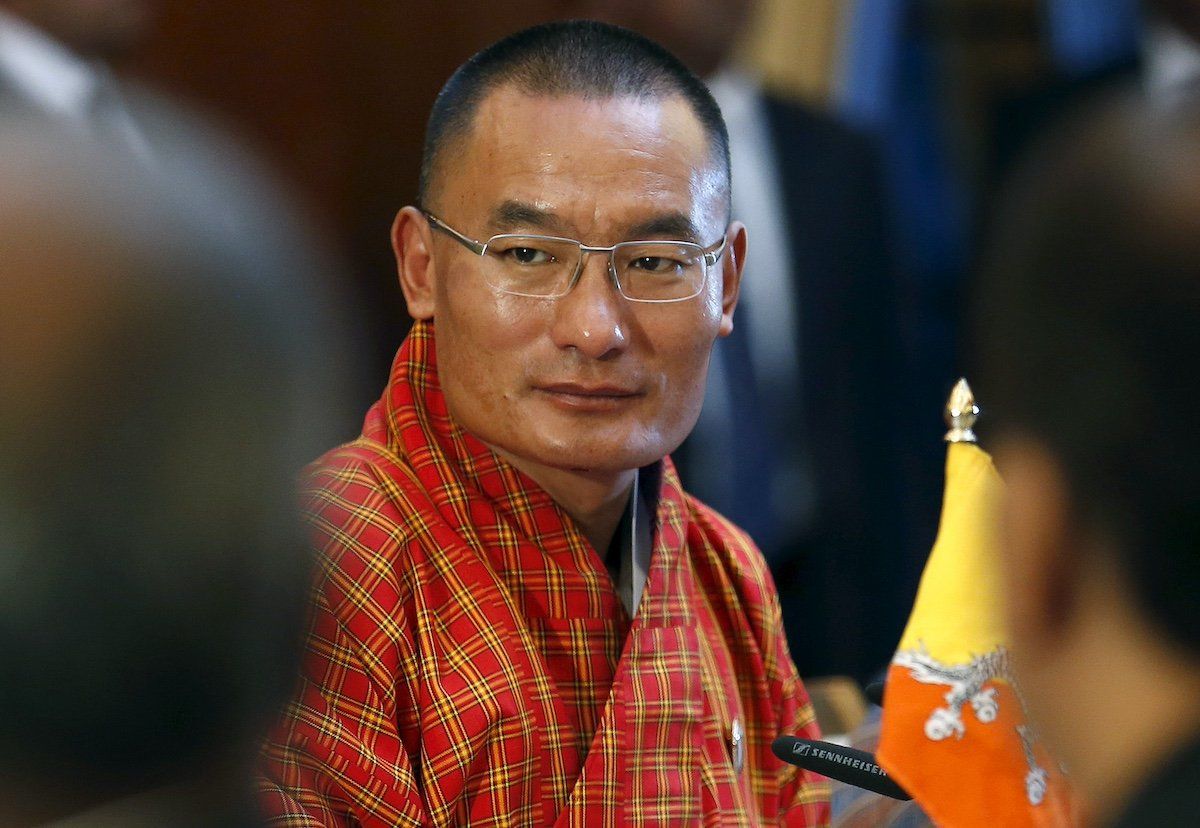The Land of the Thunder Dragon has just elected its fourth government since King Jigme Khesar Namgyel Wangchuck implemented democratic reforms in 2008, and incoming Prime Minister Tshering Tobgay has been promising to center one key issue: Economic growth.
Bhutan has never been a rich country, and it famously has rejected wealth as a metric of development: In the 1970s, during a modernization drive by the current king’s father, the country started using a metric called Gross National Happiness as a basis for government policy. It was enshrined in the 2008 constitution that democratized Bhutan as well. However, the index has stayed relatively flat, rising from 0.743 in 2010 to 0.781 in 2022, and 51% of Bhutanese fall under the “not-yet-happy” category.
Tobgay, who previously served as PM between 2013 and 2018, oversaw a major expansion of Bhutan’s tourist industry during his first term, charging foreign visitors a sustainable development fee of $65 per person per day for the privilege of enjoying Bhutan’s spectacular landscapes. That became a key source of foreign currency. But the number of visitors in 2023 was around a third of the pre-pandemic figures, leaving many families struggling to make ends meet and worsening youth unemployment to 29%.
Tobgay has promised to goose the tourism sector and attract more foreign investment with a $180 million stimulus package, as well as ramp up production of hydroelectricity. If he can’t get a handle on the situation, Bhutan’s prospects may worsen as talented young people
leave for brighter horizons. Between July 2021 and July 2022, 15,000 Bhutanese received visas to live in Australia alone, more than the previous six years combined.
